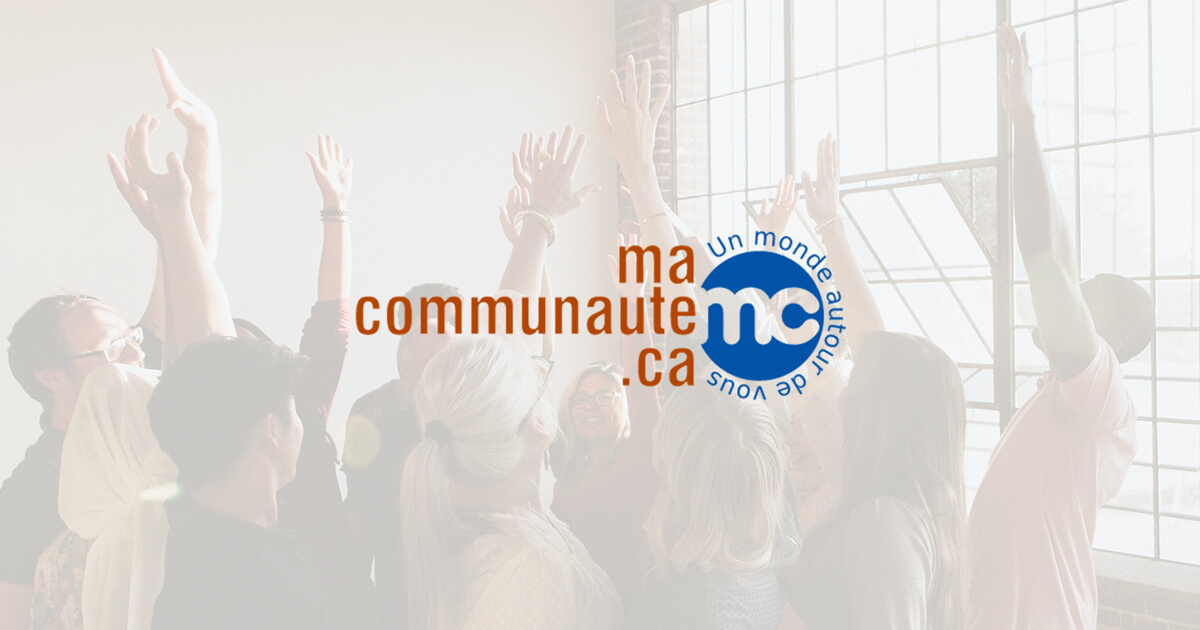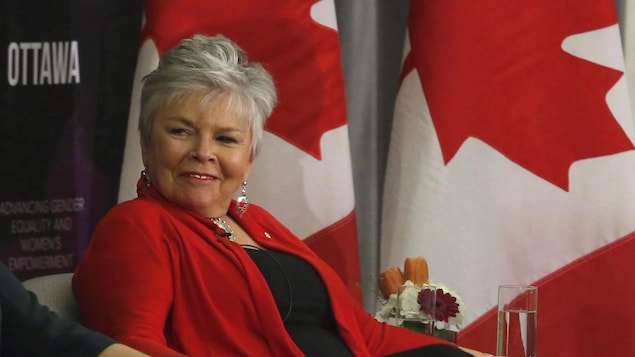Ms. Jamieson, who will take up her role on August 1 at RBC, gave the following interview with Indigenous Spaces.
What does this date represent for you?
Roberta Jamieson: I am honored to be appointed. It gives me great pleasure to have the opportunity to join this Board of Directors. It’s an opportunity for me to add my voice to it, and I feel like I can really contribute to it. What attracted me was their commitment to inclusion and diversity. Also, because my work over the past 16 years has focused on educating Indigenous youth, I have been drawn to RBC’s commitment to youth.
Why do you think it is important for more Indigenous people to play roles like yours in Canadian institutions?
It is absolutely essential that First Nations, Inuit, and Coloreds participate in institutions at all levels. You must hear our voices.
However, Canadian businesses and organizations need to understand that reconciliation is about more than just hiring a few Aboriginal employees. Reconciliation requires a commitment to profound changes. Yes, staffing is important, but the internal culture of organizations needs to be changed so that they can support our members and allow them to stay normal in business.
We don’t have to change to be part of these institutions. Our employees can contribute and enrich the work of companies and organizations across Canada. We are people full of great ideas. I think, among other things, about the issue of the environment. Indigenous knowledge is, in my opinion, the key to solving global climate problems. We have a lot to offer.
How can indigenous peoples contribute to these institutions by remaining true to themselves? how do we get there?
I’ve worked in many areas of society as an attorney, ombudsman, and as a leader, as CEO of Indspire (an organization that raises money for the education of Aboriginal youth, editor’s note). In all of these roles I’ve held, what has helped me the most is my strong sense of identity.
If you know who you are and understand your story, you can do just about anything. This is what I am trying to convey to young people. If we find who we are and see the gifts we received from the Creator, we can contribute positively to any organization. It is important that we always keep future generations in mind and we must build a better future for everyone, not just for Indigenous people, but for all Canadians.
For you, reconciliation requires a change of culture within organizations?
Yes, but in society in general we need structural changes. We need to acknowledge our common past, indigenous and non-indigenous, and provide space for Indigenous people to enable us to enrich workplaces, businesses, and society. We don’t talk about it enough, in my opinion.
The past few months have been difficult for Indigenous communities across the country, particularly with the discovery of unidentified graves near former residential schools. Has your view of reconciliation changed as a result of recent events?
I’m telling you about my home, in my community, and our former boarding school on our lands. Our society is very shaky.
I still believe that reconciliation is the recognition of history and the repair of the damage it has caused, but it is also the construction of a common future. The past few months have been difficult for our communities, but I feel encouraged by what I see around me. Our people are taking up more and more space in this country, and we have seen that with the appointment of the new Governor General, Mary Simon. I am excited to see what the future holds.

“Music guru. Incurable web practitioner. Thinker. Lifelong zombie junkie. Tv buff. Typical organizer. Evil beer scholar.”







More Stories
The Japanese probe intact survived a third lunar night
The solar sail was launched into space after being folded into a simple box!
Sophie Adino officially receives her “wings” and will be able to fly in space by 2030